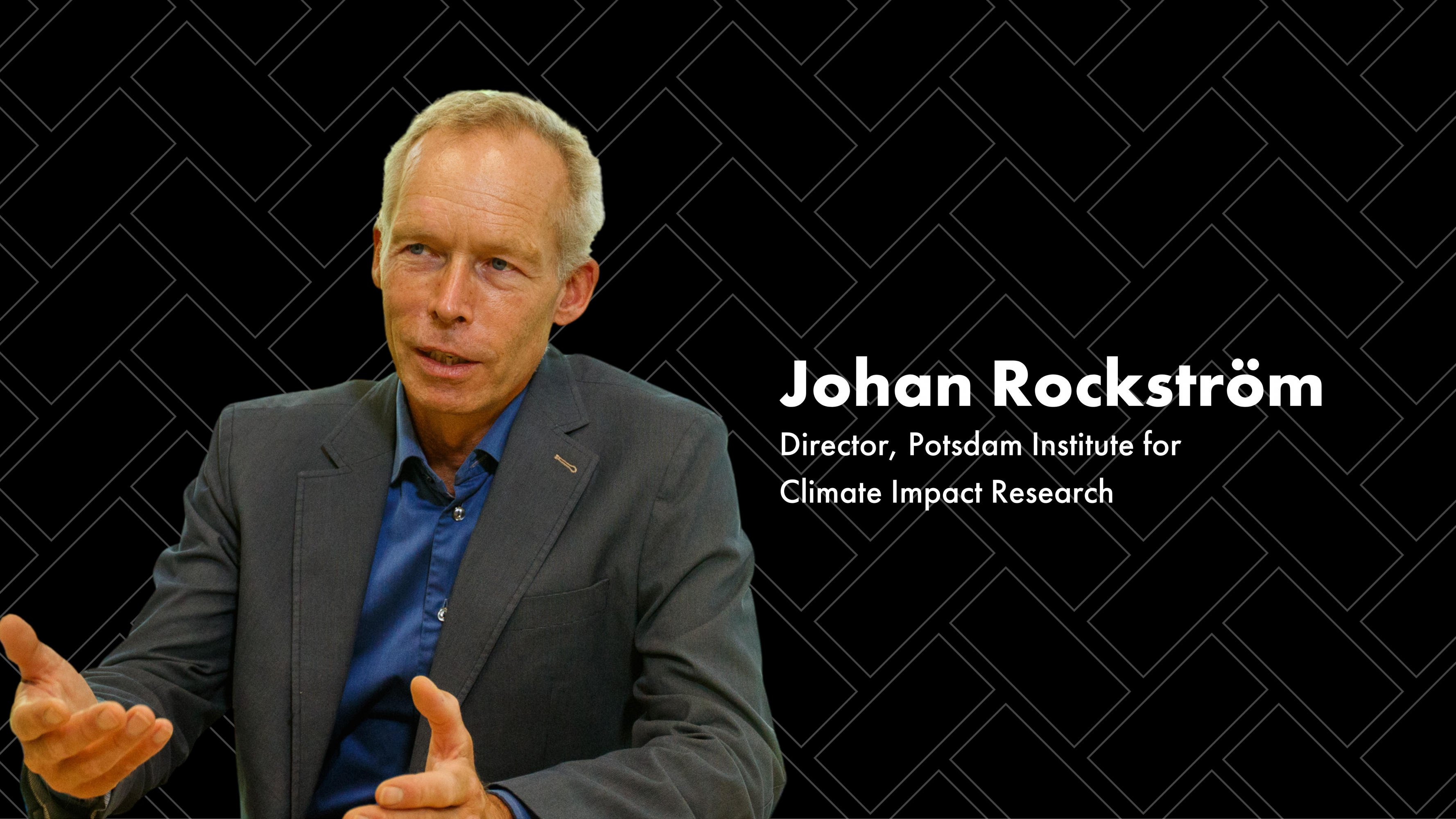
The latest in Forum’s Future of Sustainability series sees Forum’s Founder, environmental activist and author, Jonathon Porritt, in conversation with Johan Rockstrom, Director of the Potsdam Institute for Climate Impact Research, and former Director of the Stockholm Environment Institute and Stockholm Resilience Centre.
Rockstrom led the team of international scientists who developed the hugely influential Planetary Boundaries framework, first published in 2009, is an adviser to the UN’s Framework Convention on Climate Change Conferences (UNFCCC – the ‘COPs’) and is widely regarded as one of the world’s most experienced and authoritative climate scientists. In 2021, he co-starred with David Attenborough in Netflix’s Breaking Boundaries: The Science of our Planet.
On science and certainty:
Jonathon: As we cast our eyes back over the past 25 years, one of the things we’re looking at is the degree to which the whole scientific endeavour on climate has changed, and has made such a massive contribution to the way politics has moved forward and decisions are taken today. In your mind, how would you characterise how different it is now to think about the underpinning science than it was back then?
Johan: The journey since the early 1990s until today has been, and continues to be, dramatic. Remember that in 1996, the Intergovernmental Panel on Climate Change was basically just establishing itself. It’s not until 2001 that we have the IPCC’s third assessment report, which is the first really, really major conclusion on the unequivocal human cause behind climate change. So it’s almost been like a Copernican moment.
If we go back earlier, to the 80s and 90s, we’d seen the birth of the global environmental change research programmes, like the International Geosphere-Biosphere Programme (IGBP), the World Climate Research Programme, which basically provided the science behind the IPCC, Diversitas [later Future Earth], and the International Human Dimensions Programme… They all pursued their own disciplines and made tremendous advances in our understanding of how the physics of the earth system works – of biology, ecology, hydrology, and also social sciences. But it’s not until we come to 2006, 2007, that for the first time a synthesis of all these insights were put together by the IGBP, which concluded that we have entered a whole new geological epoch, the Anthropocene.
So during these 25 years, we’ve seen extraordinary advances in our understanding of how our planet is a self-regulating system, where the living systems – the biology, the biosphere -interact with the chemistry and physics of ice sheets, of atmosphere, of oceans. And at the same time, we’ve seen this dramatic, exponential rise in unsustainable pressures on the planet – and that has occurred right in this period, right in the last three decades.
I always get quite frustrated by the way some people say ‘Oh, you scientists, you’re always warning [about catastrophe], always shouting, all the way back to the time of Limits to Growth [1972] – but then nothing really happens’. Well, that’s not true. Back in the 70s and 80s, we had some really insightful early warnings, but we did not have the hard evidence in place. Today we do. We’re sitting on this mountain of observations, of analytics, of modelling data, which gives us a completely different confidence level that we’ve never had before.
Jonathon: Yes, I think we’ve seen an extraordinary shift during that time. As a layperson, I think back to the ways in which so much of the debate in those early days was speculative and in some respects, contaminated, by that lack of really hard-edge data.
Yes, today we’ve really come to the end of the road: the science is saying, very clearly, ‘Look here, dear friends, we have a global carbon budget remaining which is so limited that it’s almost ridiculously small. It’s just the last little crumbs on the table’.
Johan Rockström
Johan: The science is clear. The [international goal of a maximum temperature rise of] 1.5°C is not some kind of political compromise with low-lying island states. It’s a physically based planetary boundary. It’s a temperature way outside anything experienced in the Holocene era. It’s actually the warmest temperature on earth over the last 100,000 years. And we’ve been saying that for a long time. Paleoclimatic research has been saying it for decades. It shows that right across the last three million years, we’ve not passed a 2°C rise.
On irreversibility:
Jonathon: When the whole planetary boundaries framework was launched back in 2009, you and colleagues then were using language about the risk of irreversible and abrupt environmental change, and I can remember that word, ‘irreversible’, having a really significant, symbolic meaning at that time. But there was some pushback, with people saying these systems are much more flexible really, and what makes one system irreversible one moment, may change, and so on. So it was pretty shocking to see the latest IPCC report talking about some changes, such as sea-level rise, being irreversible over hundreds or even thousands of years.
Johan: Yes, and that’s a very carefully crafted document, reflecting consensus across the entire scientific community, so it’s a very conservative baseline. And yet it says that there’s a very high likelihood – meaning that there’s strong scientific confidence around it – that even if we keep to 1.5 degrees, we will be committing all future generations to at least two metres sea-level rise. I mean, it won’t happen this century. It will take probably 2,000 years, but it’s unstoppable. So from a moral perspective, if you think of intergenerational justice, you have to say it’s time to hit the brakes! And yet no media has picked it up.
Jonathon: Yes, it’s an absolutely shocking moment in the climate change story which just doesn’t seem to have got the attention that it should have done.
Johan: You’re absolutely right. The latest IPCC report basically confirms our planetary boundary assessment back in 2009: that tipping points are not only real risks, but cross them, and we commit all future generations to irreversible changes. For too long, we’ve allowed these questions to be seen as environmental issues when in fact they’re not. They’re about security, wealth and development. They’re about our human future.
On science and politics:
Jonathon: I’ve never seen you as a political animal, Johan. But I wonder, do you spend quite a lot of time trying to bring politicians and civil servants up to speed with the reality of climate change?
Johan: Well, I’m walking a fine line. I personally have taken the decision that the biggest value I can offer the world is to give independent advice as a scholar, as a trusted source, to policymakers, to business, to civil society, schoolkids in school – whoever wants to listen. And over the years, I’ve become more and more pulled into the corridors of power, and also increasingly the boardrooms of big companies, to provide scientific advice. I do that out of a sense of obligation, as a public servant.
But it is a balancing act. I can tell you one little anecdote. We had the elections here in Germany just a week ago [September 2021] – the most decisive climate elections in our history. And one of the Chancellor candidates was Olaf Scholz of the Social Democrats. He said he wanted to come to the Potsdam Institute as part of his election campaign. And I said yes, you’re welcome – but we will also immediately invite [the other leading Chancellor candidates] Armin Laschet [leader of the Christian Democratic Union) and Annalena Baerbock [leader of the Greens], so that we are not being preferential to any camp.
Jonathon: But do you think politicians really understand the severity of the crisis?
Johan: Yes and no…. ‘Yes’, in that I really think it has sunk in with citizens, politicians and business leaders that our current economic paradigm and the development pathways we’re following have risks associated with them and are causing negative impacts: that we have a problem, basically. And we can see this confirmed in opinion polls. That base understanding is much higher than ever before. And that’s why we see political initiatives like [the EU’s] Fit for 55 [targeting a 55% emission reduction by 2030], the Green Deal, and the Biden Administration making courageous decisions around Net Zero. So all that is good.
The ‘No’ is more problematic, in that I literally don’t see any signs of political leadership anywhere in the world understanding that we face a real crisis; that we’re talking of tipping points that could push the planet irreversibly towards leaving all future generations with less and less liveable conditions.
So in some ways [world leaders] have understood [that we have a problem], but at the same time still think that somehow we can muddle through along incremental, linear pathways that don’t in any way rock the boat of our current wealth creation models… That there are some quick fixes such as ‘green growth’ – decoupling [growth from environmental impact] – and if we just try to recycle better and reduce waste and stop eating meat, we’ll save the planet, basically! That I think is the symptom of failing to understand what the science has shown us: that this is a systems problem – that we’re hitting the ceiling of the entire planet’s capacity to be stable enough to support humanity.
“World leaders have understood that we have a problem, but at the same time still think that somehow we can muddle through along incremental, linear pathways that don’t in any way rock the boat of our current wealth creation models.”
So politically, it’s a mixed picture. There’s a lot of positives, but it hasn’t really sunk in properly that this is such a decisive moment
On net zero:
Jonathon: The difficulty is people love to just simplify all this into black and white, which doesn’t really help anybody very much at all. And one of the areas where a lot of this controversy resides now is this notion of net zero carbon and what the hell ‘net’ means?! In particular, the degree to which the whole ‘net zero by 2050’ movement is taking comfort from the suggestion that we will be able to remove billions of tonnes of CO2 from the atmosphere to maintain some kind of stable climate, even having gone over the planetary limit. So, given in particular your work on the land-use side of things, I wondered where are you now on that whole notion of net zero?
Johan: Well, first, I always try to talk about catastrophic risk very clearly – because I’m afraid that sometimes climate science communication can have too much of a relaxed, feel-good air to it, to the extent that we underplay the risks. And that could come back to hit us very hard! You can imagine the disappointment among people in the future, when they say, ‘Oh my God, if you knew all this, why didn’t you tell us clearly that we were completely ruining the system?’ And one of those areas where I feel that we have not been very honest with the world is on net zero.
The only reason why we have a remaining carbon budget is that we assume that forests, soils, and all the natural ecosystems and oceans, will just continue to absorb carbon dioxide. So we have factored into all the climate models massive negative emissions from mid-century onwards. We even assume that agriculture and forestry will go from what it is today, the single largest emissions source in the world, to becoming a sink. And we don’t have solid evidence that we can deliver that. If forests and soils and natural ecosystems [continue to be a major emissions source], we have no carbon budget remaining. Then we have to shut down the fossil fuel-driven world economy today! So it worries me that we have built into the scenarios so many assumptions on negative emissions.
I would love to have avoided any discussion around ‘net’, and just moved to absolute zero as soon as possible. But it’s just not realistic. Even if we are very, very successful in reducing emissions from natural gas, oil, and coal, there will be a residual remaining by 2050. We will have roughly five gigatonnes of carbon dioxide per year from aviation, from shipping, from steel industry, from all the difficult to abate industries, and that will have to be compensated through a net negative. So we have to accept the idea of ‘net’ zero whether we like it or not. Now that will hopefully be achieved in a ‘like for like’ fashion – for example, capturing the CO2 emitted through fossil fuel burning with CCS (carbon capture and storage) technologies, which I think could work if scaled up.
But net zero as applied today is too often misused as an offsetting strategy. As in, ‘I’m not really able to reduce my emissions at the pace science dictates, so I’ll plant some trees and I’ll call that offsetting to help me become a net reducer of emissions.’ That is complete greenwashing and it doesn’t work, and it’s simply violating both the policy and the science and the reality.
It should be used only for the final, final residual [emissions]. You know, you try to clean your house and there will always be one little dust portion in a corner that you can’t get rid of. That’s the net part. It shouldn’t be allowed to grow to become this massive buffer.
On the emotional burden of climate science:
Jonathon: In the last 18 months, I’ve had some incredible personal encounters with scientists who have been emotionally distraught…as they themselves are beginning to wonder just how awful this is going to be for humankind. Even while, of course, maintaining everything that you might expect in terms of scientific balance. So just thinking of you, Johan, personally, sitting there with your colleagues in the Potsdam Institute reflecting on all of this, how do you cope?
Johan: I must admit it’s challenging. And it’s causing more and more concern across the scientific community. On the one hand, we as academics have to be very careful, because we have to continuously ensure that society sees us as trusted sources of objective information. So we cannot risk becoming too deeply embedded in political ideologies and activist movements. On the other hand, we cannot just sit and publish our papers. So what do we do? How do we act best as scientists to accelerate the pace of change? We have to find the right balance.
And I think we have a nice balance today. I myself am providing all the support I can for the youth climate movement, behind the scenes, informally, under the radar, being as active as I can. And many scientists are similarly engaged in ‘science for the future’. But yes, many of us also undoubtedly feel a sense of frustration. I’ve just published a paper by social science colleagues at the Potsdam Institute, showing how the world’s current coal power plant plans would eat up its remaining carbon budget. And you know, findings like that just make you feel…well, things just go black. I mean, it’s really, really bad. So then you have to have a sort of therapy session with colleagues, just walking through how we should act at this stage? And increasingly many of us feel the need to step out and engage more actively – in demonstrations, in policy engagements, in ways of having broader societal impact.
Berlin has been quite a centre of the youth climate movement, of ‘Fridays for Future’ and so on. And immediately after one demonstration, I had a little electric car pick up Greta Thunberg and [German climate activist] Luisa Neubauer, because they really wanted to come up to the Potsdam Institute and meet the scientists. And I said, you’re more than welcome. And the only purpose for that was – typical Greta Thunberg! – just to fill up with the latest science… Which is quite fantastic.
So in general, I’d say that the climate science community’s [response to the crisis] now is characterised by a willingness to fight, rather than run the risk of falling into a kind of passive, depressive mode.
On hope:
Jonathon: Is there a taboo among scientists on saying ‘It’s too late’?
Johan: It’s not taboo. There are scientists saying that, but only a few, and not in the mainstream of the scientific community. [At the Institute], we’ve said that the window [for action] is still open, even though it’s shutting very fast.
Jonathon: Thinking about the prospects for young people to be able to thrive in a ‘safe operating space’ for humankind, what is the thing that allows you personally to keep hope alive, as you contemplate the next decade?
Johan: It’s a really important question.
And the thing that gives me hope, every day, is that I feel 100% certain that we have the winning narrative. Because we have so much evidence that keeping the planet within a safe operating space gives multiple human benefits.
Benefits such as jobs, the economy, security, health, and human dignity and justice. We’re seeing such a rapid rise in scalable solutions, like solar and wind power, and other sustainable options, which can help put us back in that safe operating space, and they’re increasingly able to survive even in the misconstructed markets which subsidise systemic destruction.
So I sometimes tell my students that I’m absolutely convinced that the question is not whether we’ll be able to decarbonise the world economy, and come back within a safe operating space. The question is only will we do it in time? Will we be too late?
I think the journey we’re on towards a more sustainable, equitable, prosperous future…is essentially inevitable. And that’s something I pick up very often to remind myself that in all these uphill battles, with sceptics and denialists and inertia, we have the winning story.
Even if we are not able to arrive at the dead centre of a safe operating space, we know that every tenth of a degree counts. We know that every species counts. We know that every hectare of land counts. We know that even having an overshoot period, so that we fail before we succeed, means that the impact on our children and their children will be reduced. So it‘s all worth it. I’ve never, never seen any justification for giving up.
Jonathon: And that’s a brilliant place to end. I have an image in my mind now of you with your students, talking to them about why they need to be true to their life mission and to their prospects for the contribution they’ll make to this world. I just love that idea of empowering them through the winning narrative – because that is what we have available to us, and that’s fantastic.
Watch the interview to find out more
Watch this space
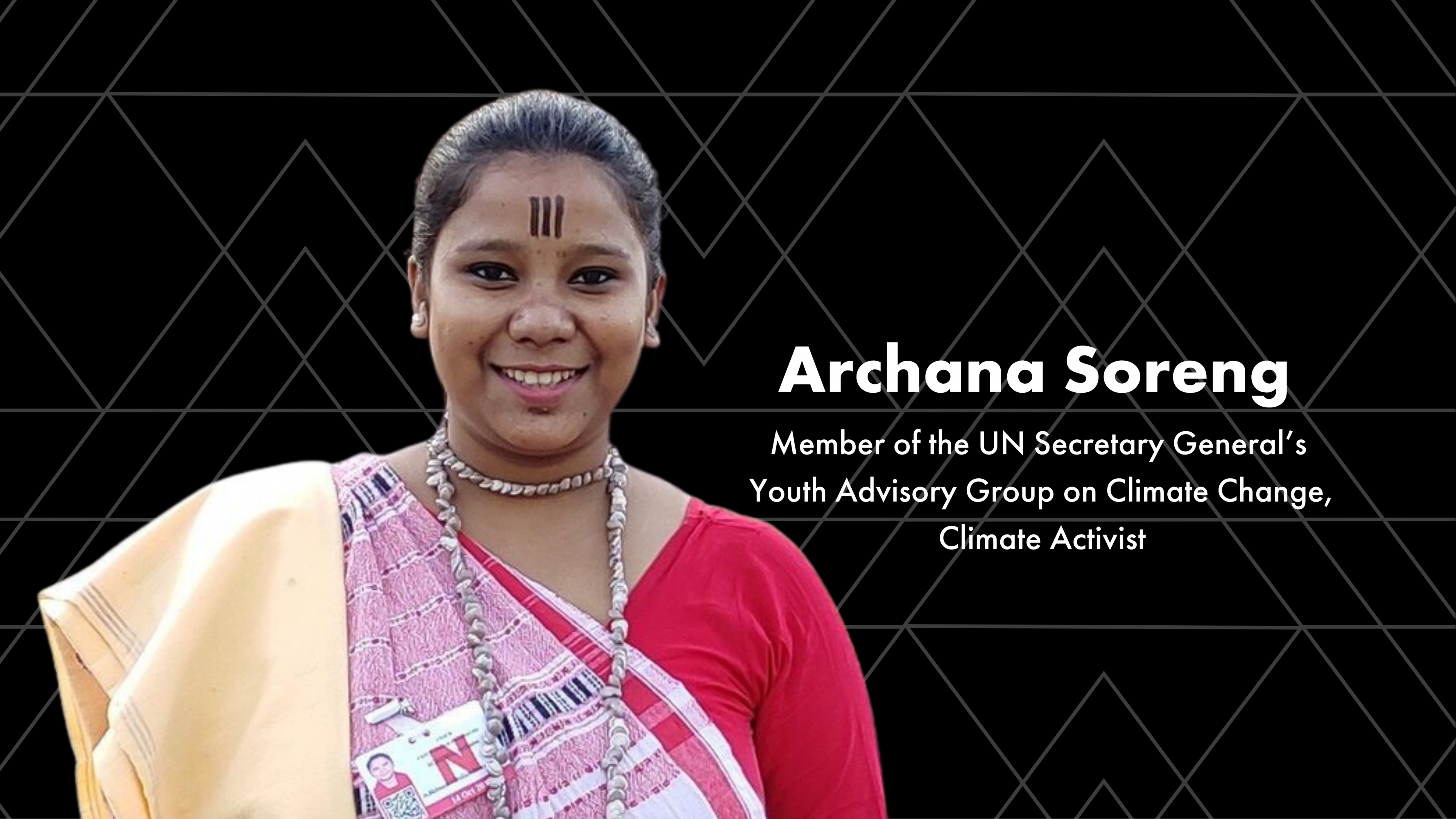
The next in our Future of Sustainability: Looking Back to Go Forward series sees Forum’s Director of Global Programmes, Caroline Ashley, in conversation with Archana Soreng. Archana is a member of the UN Youth Advisory Group on Climate Change and an activist on the environment and indigenous rights.
Join us as she shares her take on the last 25 years and what’s needed next…
About the Future of Sustainability: Looking Back to Go Forward
Produced by international sustainability non-profit, Forum for the Future, the Future of Sustainability: Looking Back to Go Forward is a unique opinion and commentary series set to explore lessons learned from the last 25 years in the sustainability movement and what they mean for the future.
Based on new and exclusive insights from diverse voices across the sustainability movement, we’ll examine where we have succeeded and where we have failed in creating real change. We’ll consider how the world is responding to today’s multifaceted challenges and opportunities, and what pivots might be needed if we’re to deliver at scale and pace. Lastly, we’ll look forward – exploring how we can reframe the goals of the system, reset our ambition, and encourage the adoption of new mindsets and approaches critical to creating what’s really needed: a truly just and regenerative future.
With thanks to our partners
Looking Back to Go Forward was made possible thanks to the generous support from our partners: Laudes Foundation, GSK, Target, M&S, Capgemini, Bupa, 3M, CTPA, Burberry, Olam Food Ingredients, and in particular our headline sponsor, SC Johnson

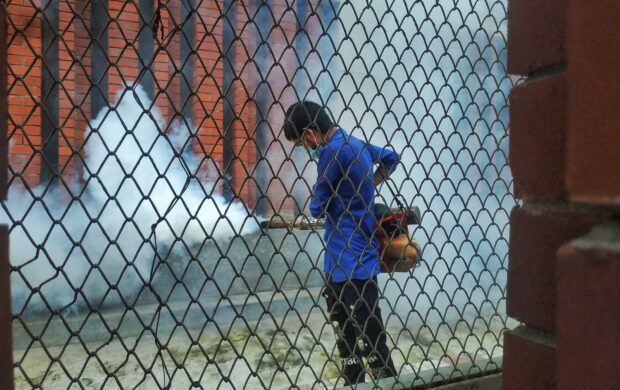
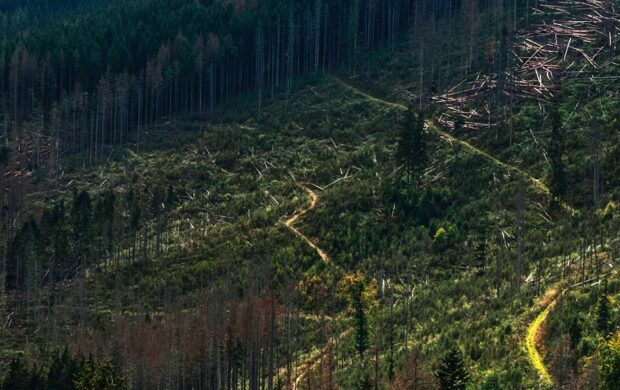

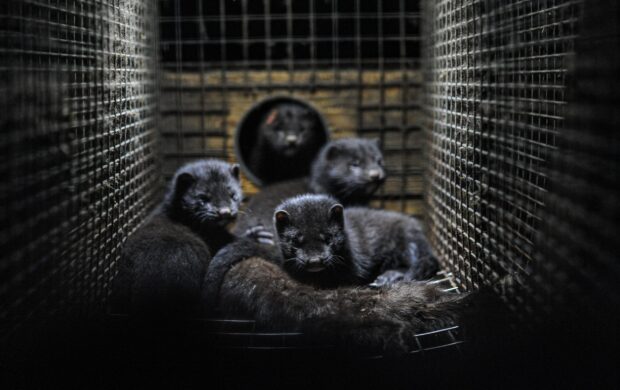



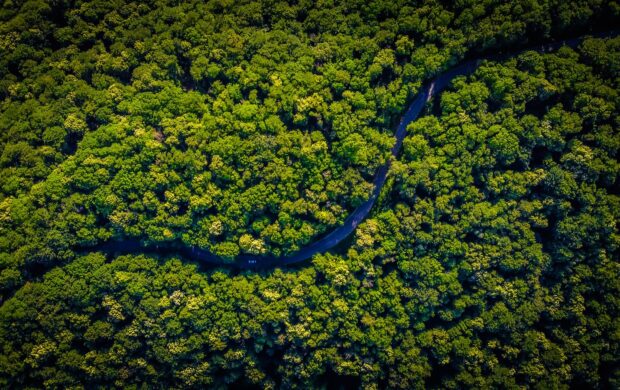



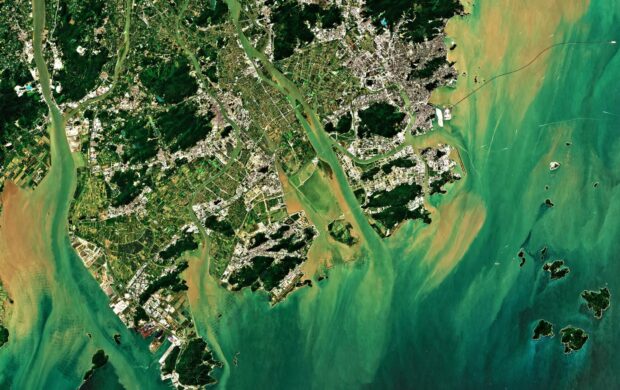
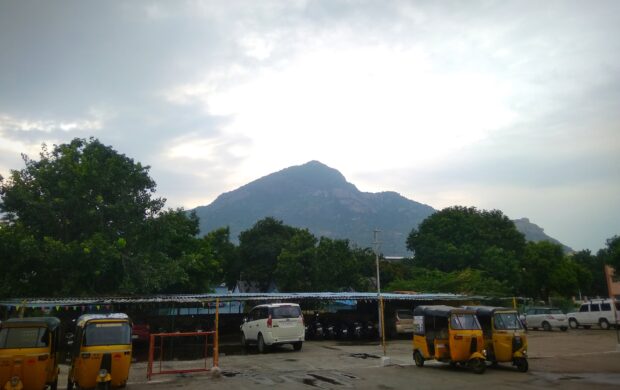

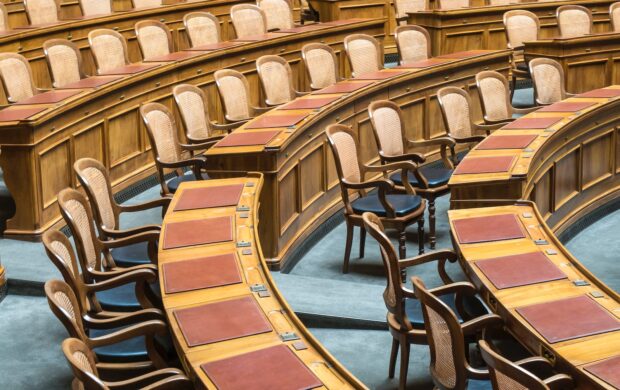

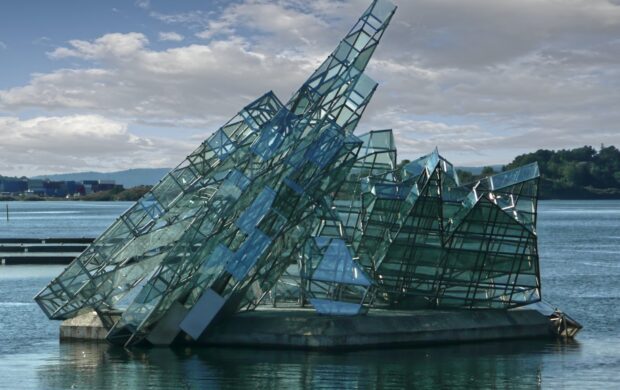
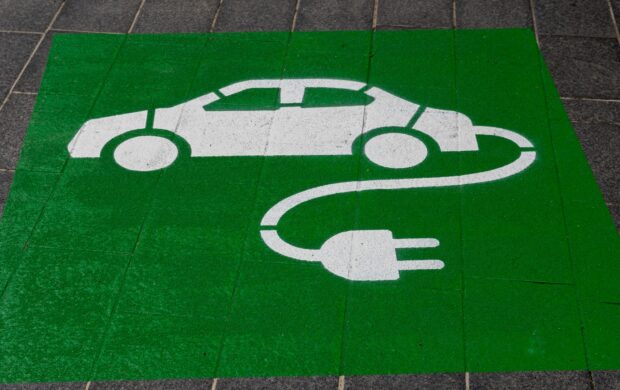



Join discussion